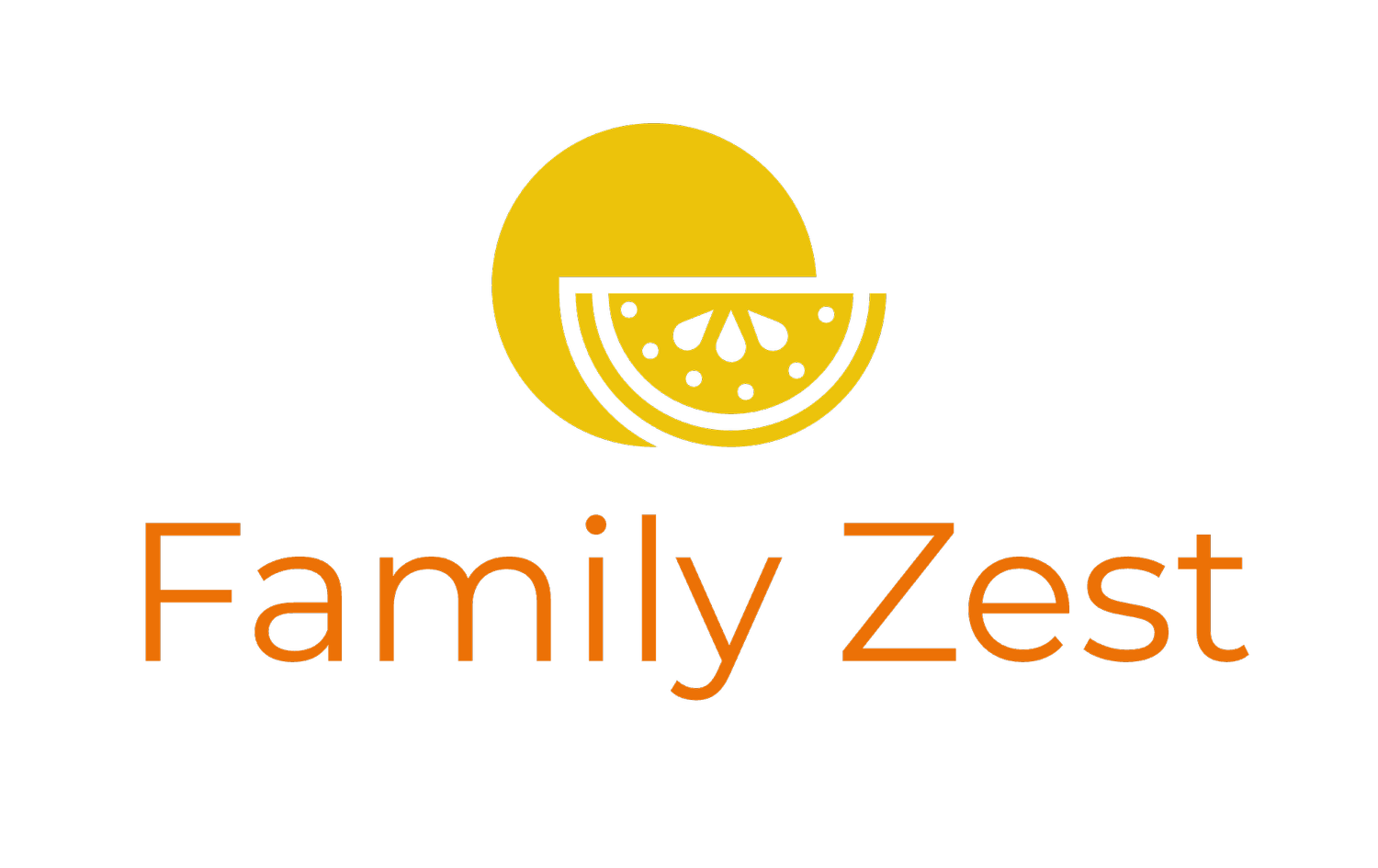Playful is not permissive
There are two essential types of limits:
Limits that make things happen.
Limits that stop things from happening.
We need both.
We teach children intentionally on all manner of topics, from manners to study habits, social skills, and regulation tools.
As parents, teaching is surely a part of our job.
But a bigger task is to help kids develop their own inner compass, so they can steer as they increasingly spend more time away from us and learn to navigate the world of relationships, choices, morality, and natural consequences.
What are we teaching kids about power when we punish?
You Can't Make Me!
Setting limits is a huge part of helping to establish safety, clear expectations, and structure for kids. Getting focused on rewards and punishment sidesteps two important elements:
Concentrating on consequences means you're leaping ahead to the outcome not going well and making that feel terrible...which means you have already left the present moment with a child who needs your help.
Teachable moments rely on a false assumption that "knowing better" means they can access earned skills and knowledge —though that’s usually not possible under stress. Instead, they're focusing all their energy on weathering the present and pressing moment— at all costs.
Our brains are brilliant at survival! But we need lots of practice with subtler skills of impulse control, negotiation, compromise, and choosing our battles wisely.
Try these playful strategies for tackling everyday tasks without going toe-to-toe!
Go Around the Roadblock :: Brushing Your Elbow
Got a kid who fights toothbrushing, pajama time, or any other part of the bedtime routine? Focus on ONE limit at a time.
If your main goal is to get those pearly-whites polished, it can be too much to expect it to happen right now, without protest, for two minutes exactly, while sitting still, independently...Let something go and see what gets done.
Instead of your teeth, let's brush your elbow! Maybe your earlobes need a polish...Once you get laughter going, tension and resistance often start to melt.
Alright, everybody in the bathtub!! We're brushing in there tonight! (No need to add water. A dry tub is even sillier!!)
Add challenge! How long can you brush--can you do it for 2-1/2 minutes? Standing on one foot? Perched on the toilet seat?
Relocate! Do it on the porch. Brushing in the basement--that's hilarious!
Fill Their Connection Cup
Got a kid who struggles with settling down for bedtime? Building in 1:1 time and sensory-focused relaxation can make a HUGE difference.
If you have more than one kiddo, consider staggering bedtimes, so each child gets some time 1:1 with a parent. That lets you try out some sensory soothers.
One may need a 10-min massage (intentional touch releases tension), while another may need less hands-on time
Does it help if one stays up 30-min later and gets truly exhausted?
What if one parent puts your preschooler down while the other parent is out on a walk with the baby (slow walking syncs up your body rhythms)
Parenting solo? Consider an audio book (rhythmic voice is very calming) for an older child while putting the toddler down first, then return to help them get settled.
Tuning into what brings relaxation is going to yield more cooperation more quickly than a rigid routine...for some kids. Experiment!
When they're ready...offer a story massage, like this one:
A story massage combines soothing narrative with grounding touch.
When we play with our kids, we're reflecting them back to themselves.
It matters that we see, hear, and appreciate them—as they are.
Play is their natural language of expression, connection, testing limits, and taking life in.
Play is foundational to kids' growing capacity to navigate the world around them. When we rush past play, we bypass a key coping skill.
There's not a lot in life that little kids get to feel in charge of. Playful parenting is an invitation to let them lead at a level they can handle.







